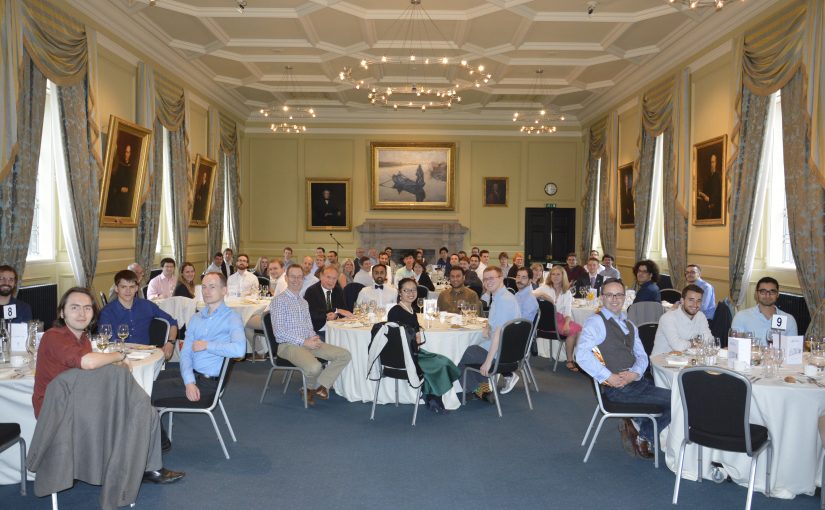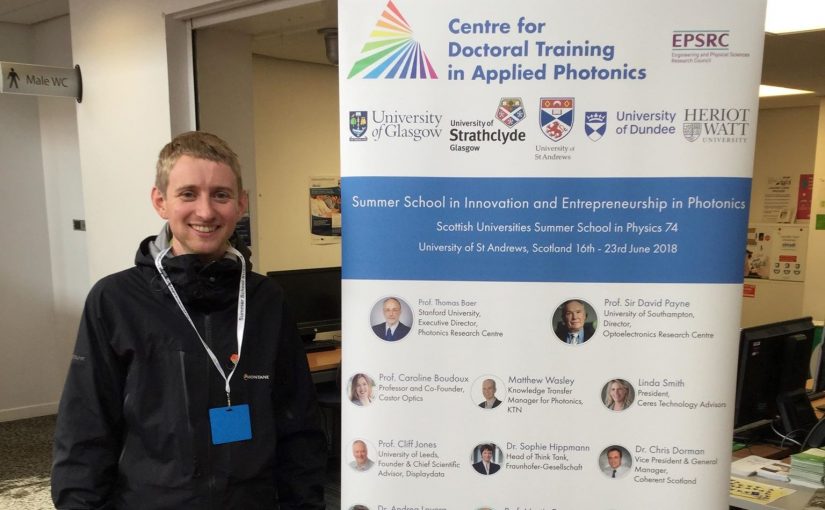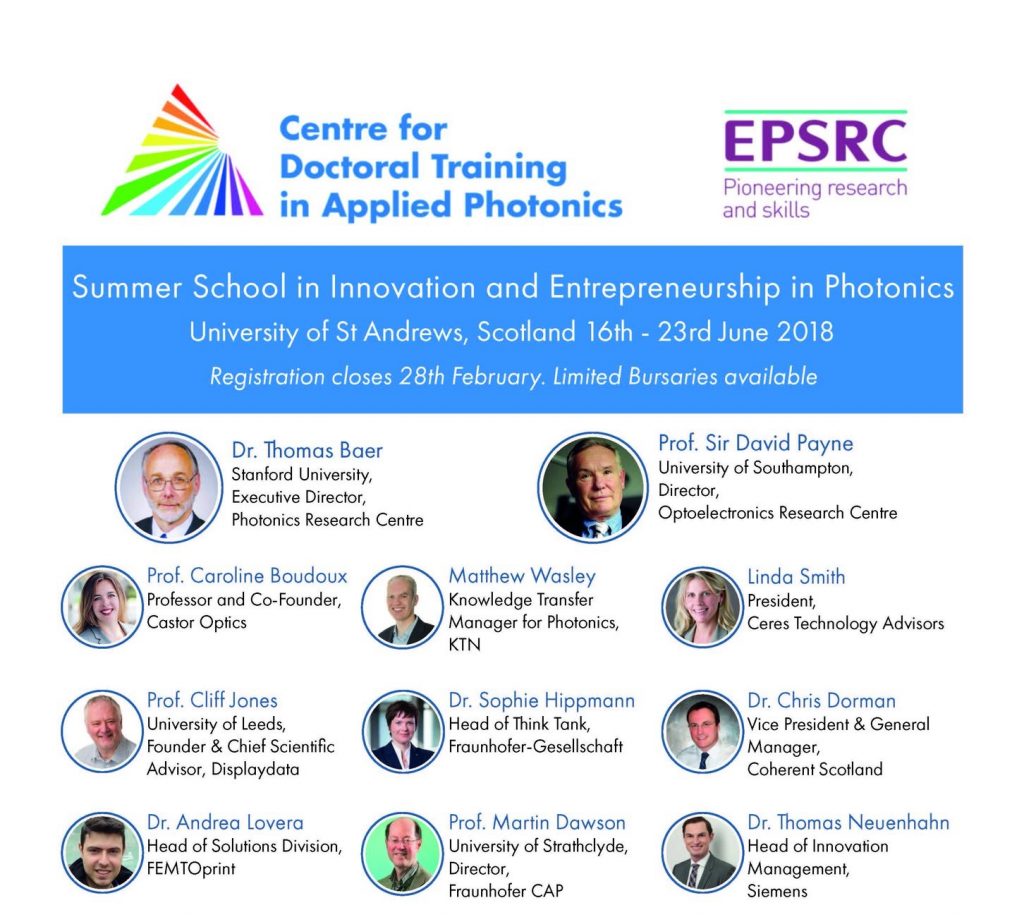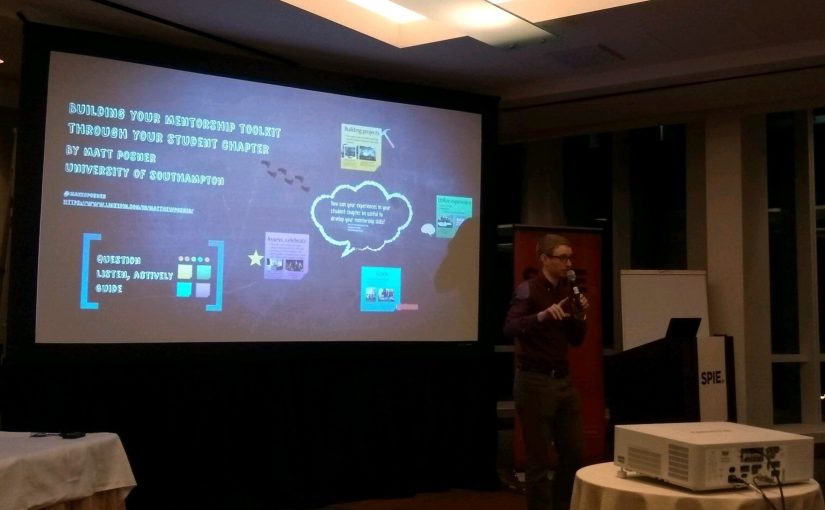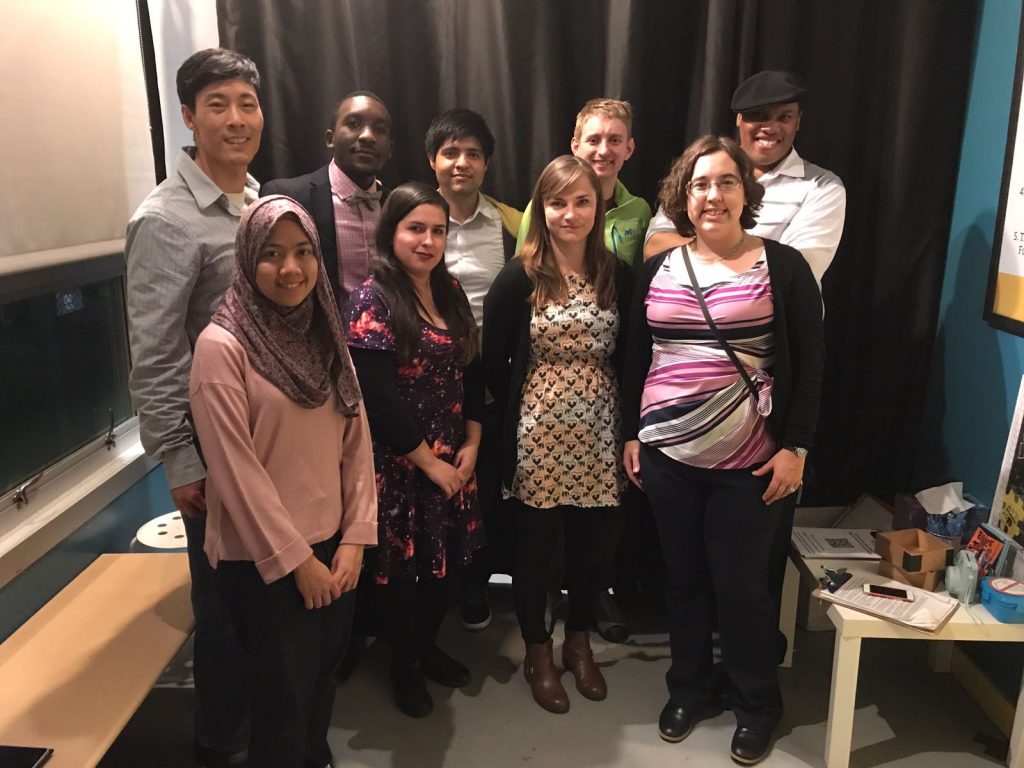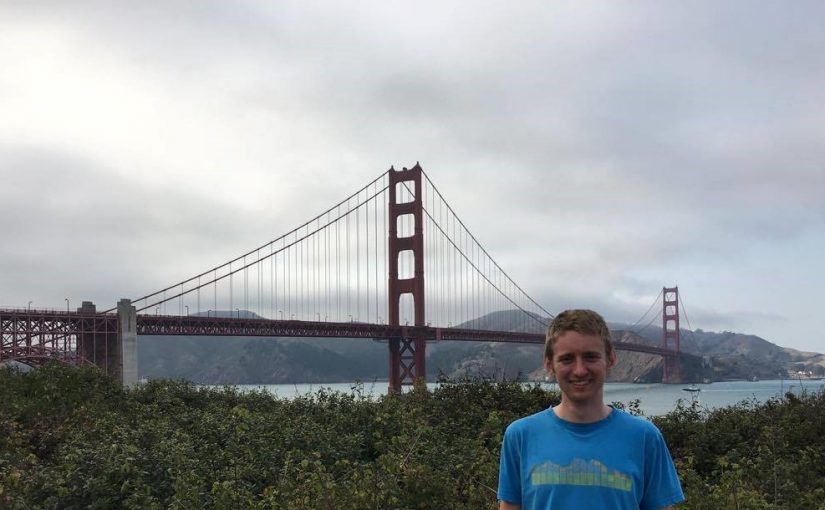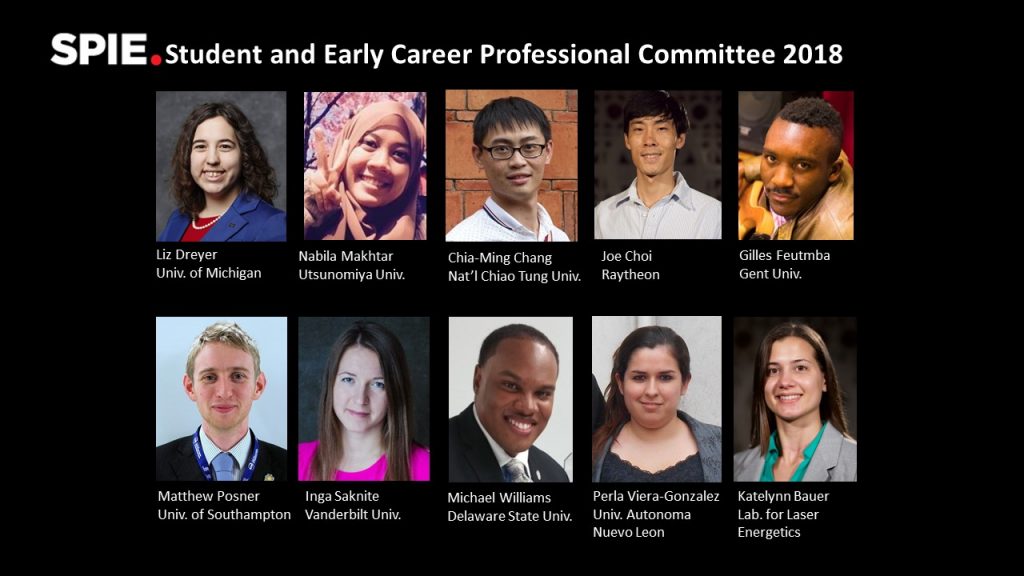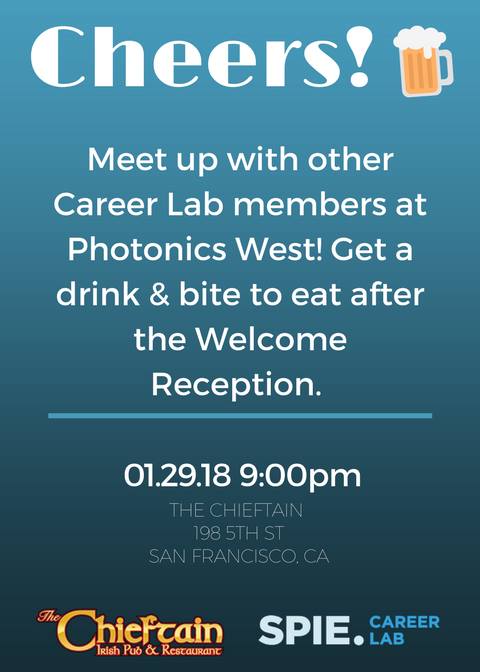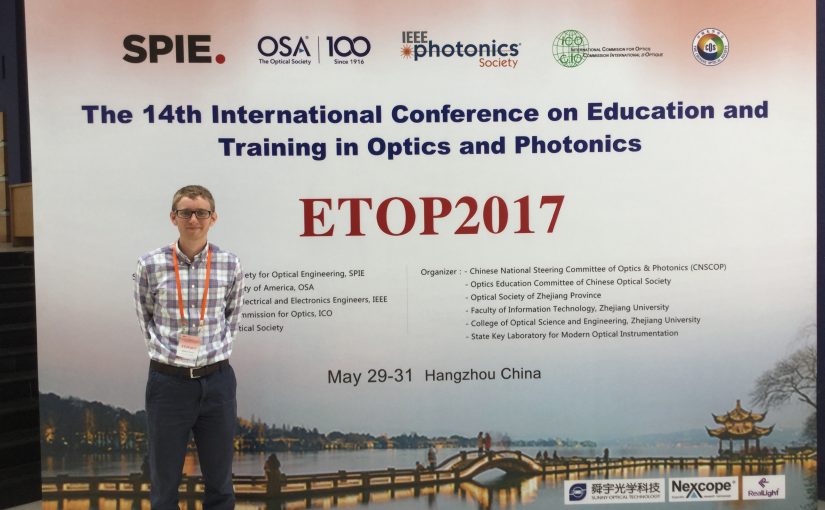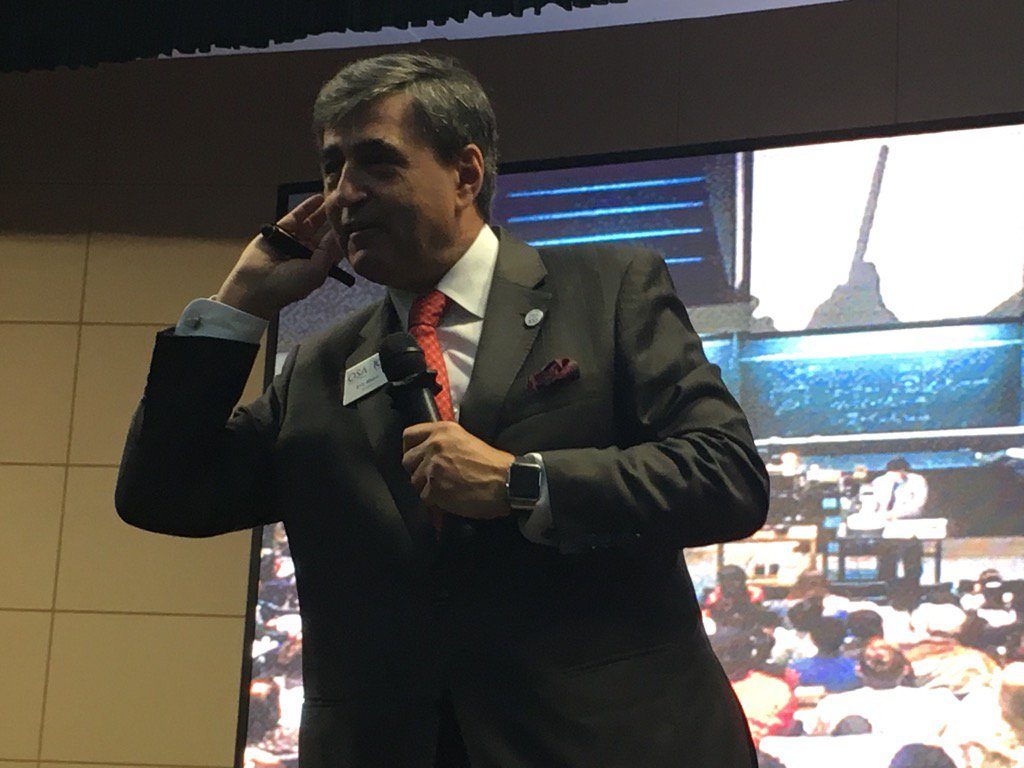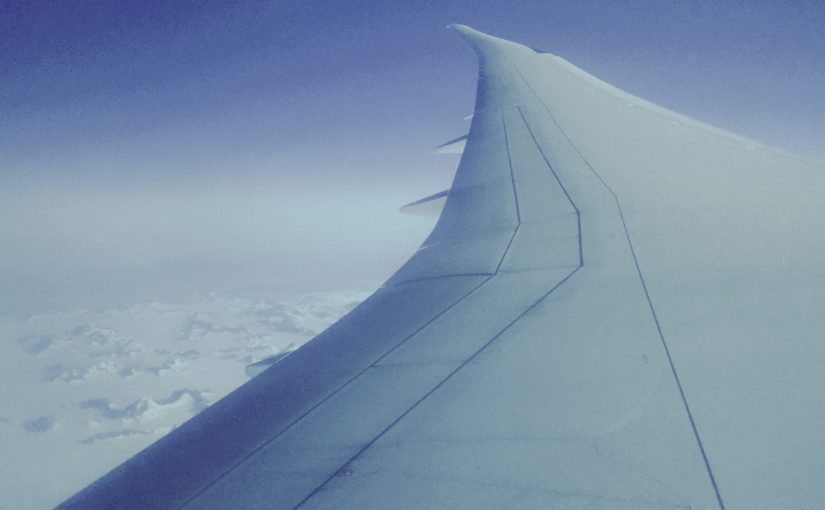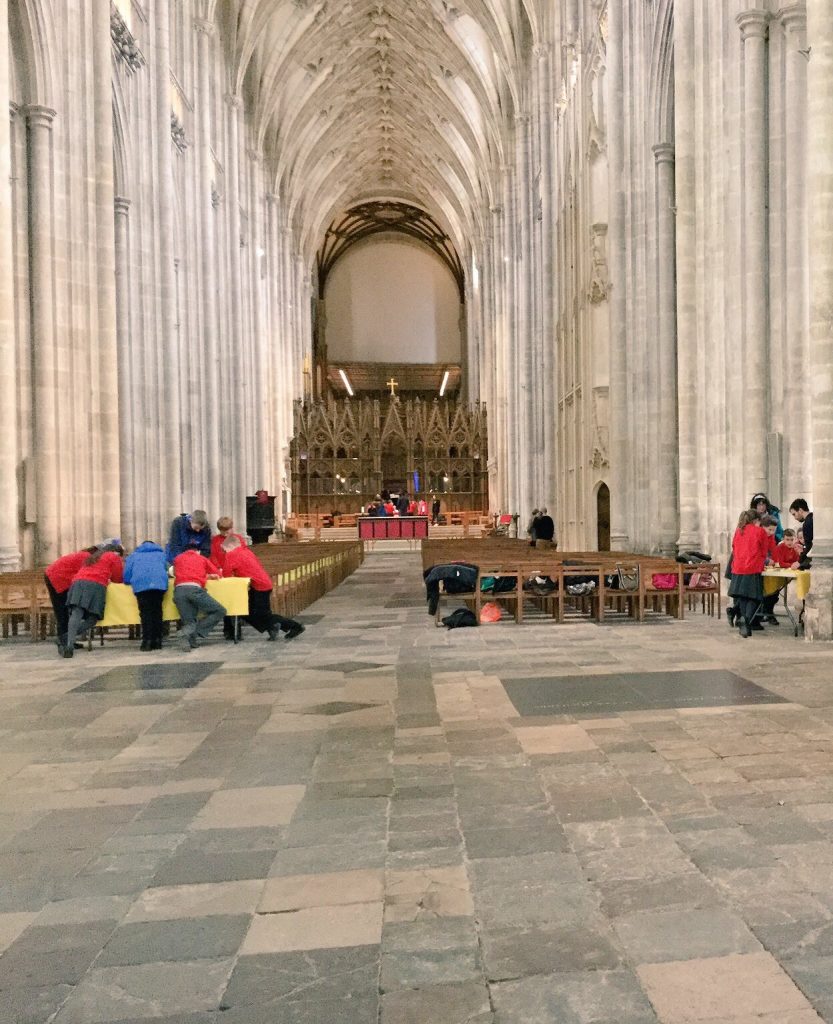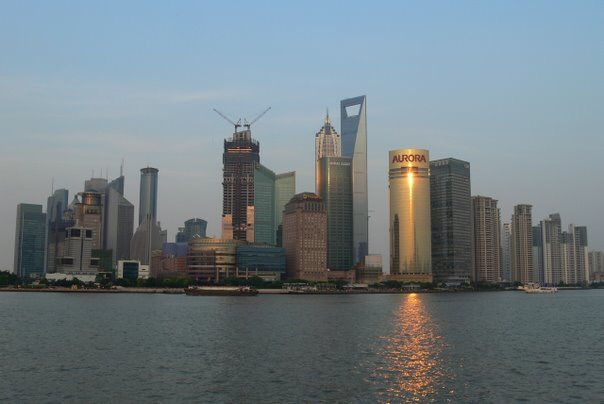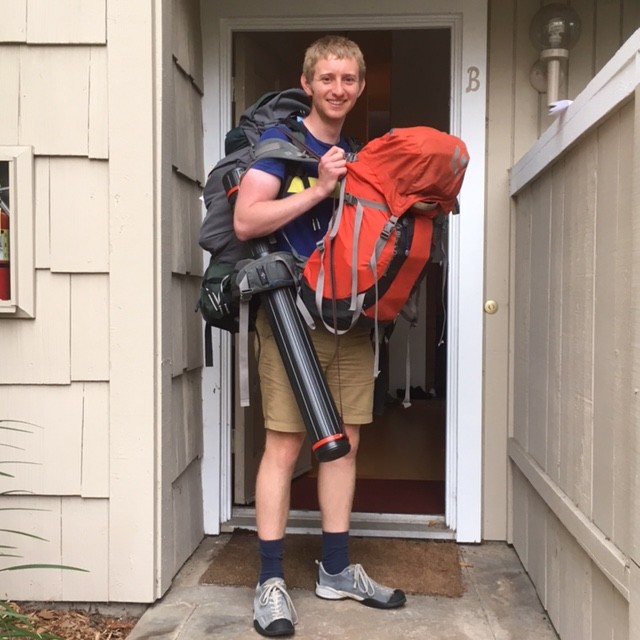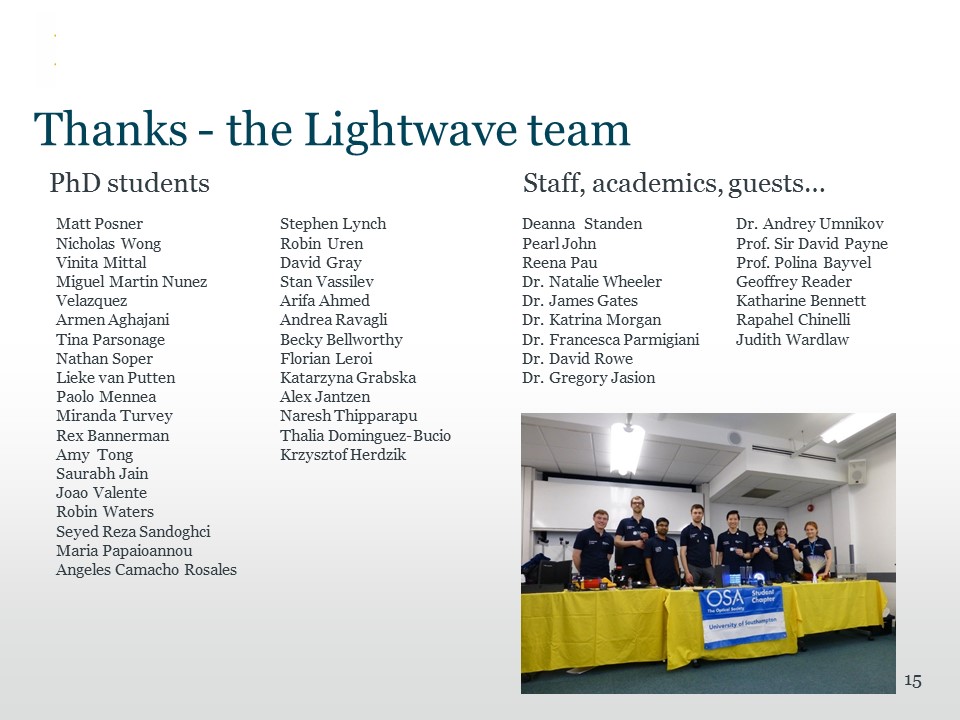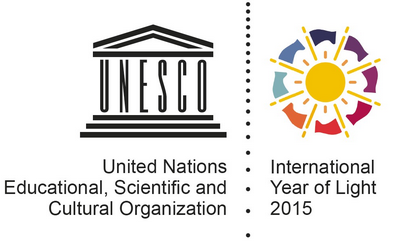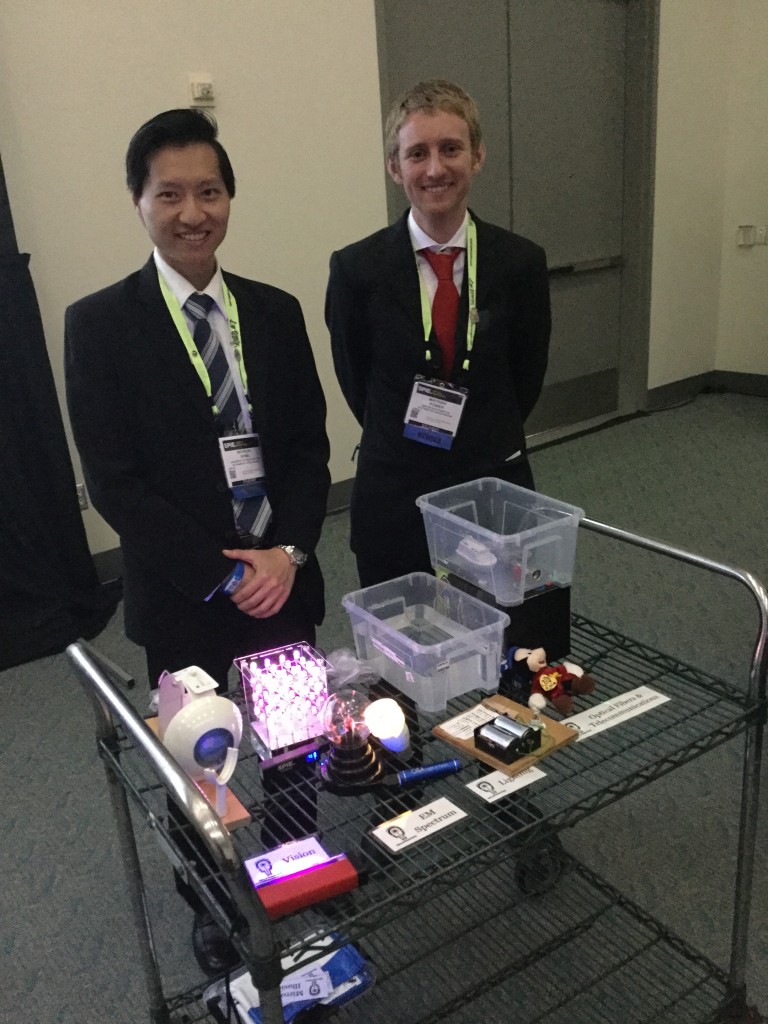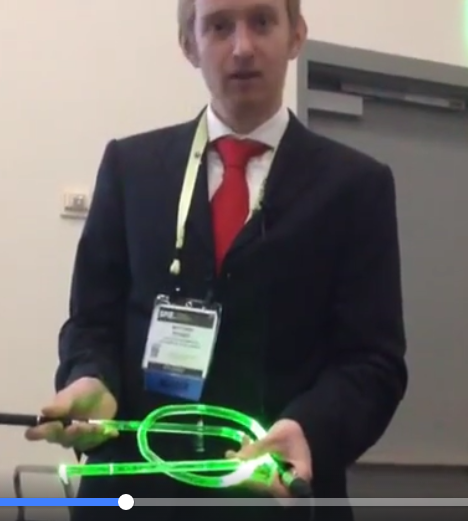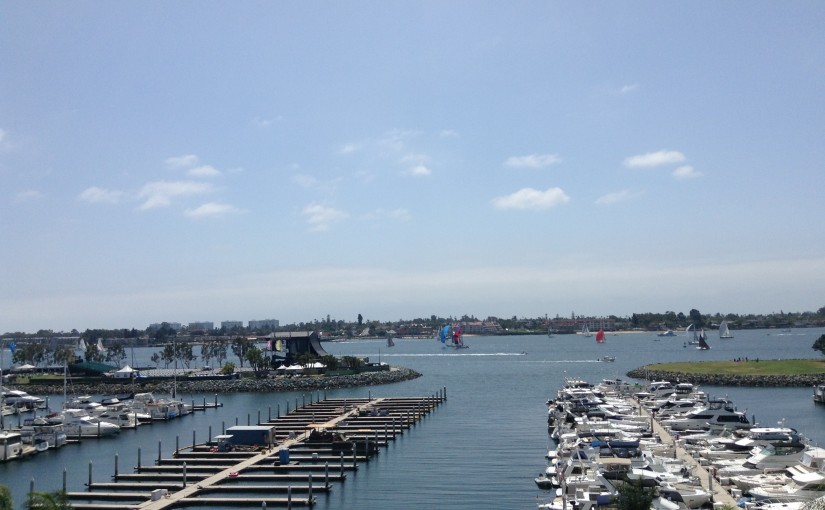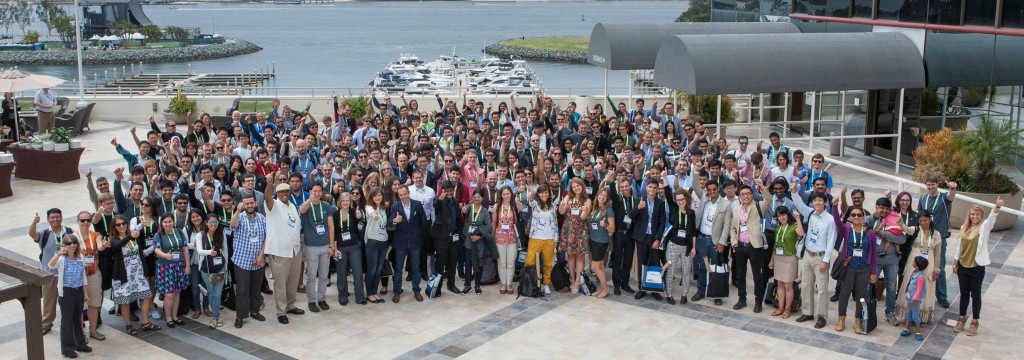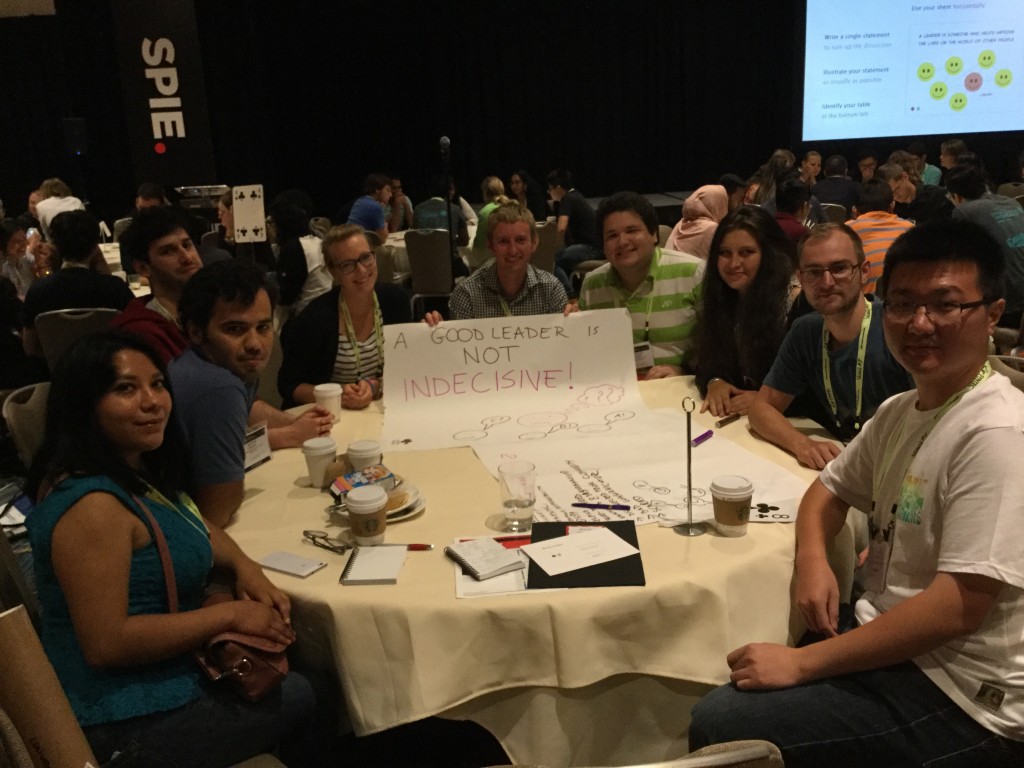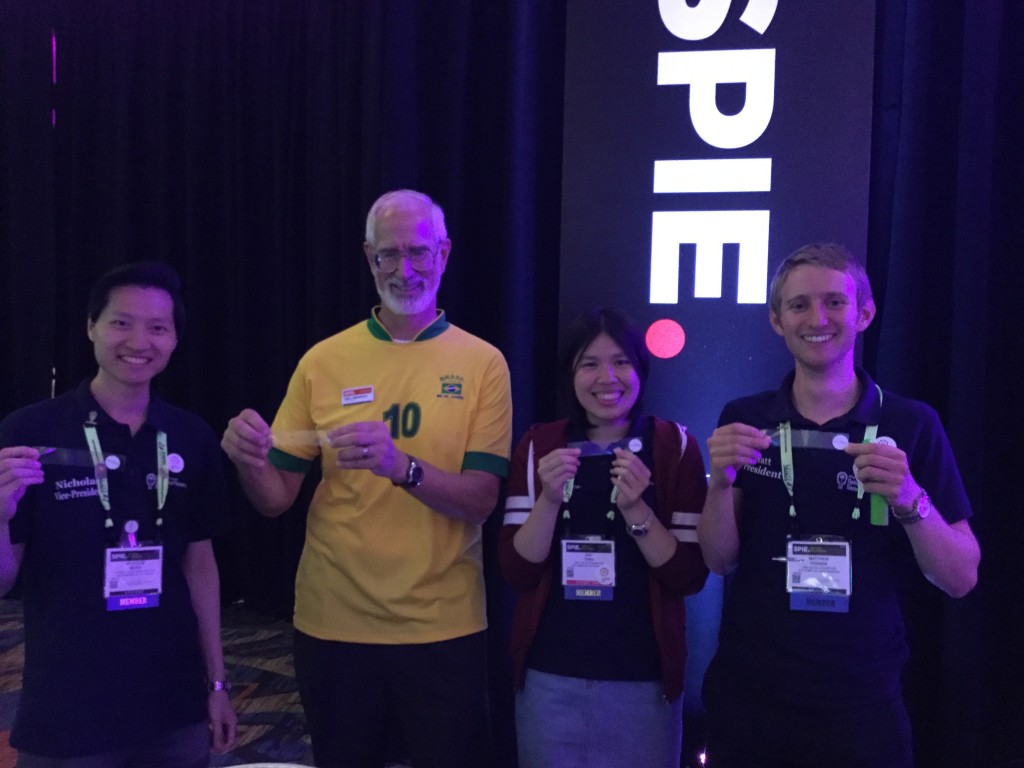The EPSRC summer school was an applied approach to understanding the many different facets of innovation and entrepreneurship in photonics. The week featured Technologists who shared case studies and valuable insights into how a technology or a scientific principle could be developed into a business. To echo thoughts that I heard throughout the week, it’s not the tech that makes money, it’s the business model wrapped around it. There is not a recipe to for all and for this reason it was extremely insightful to get many perspectives from experts from in their early steps of entrepreneurship right through to the seasoned innovators.
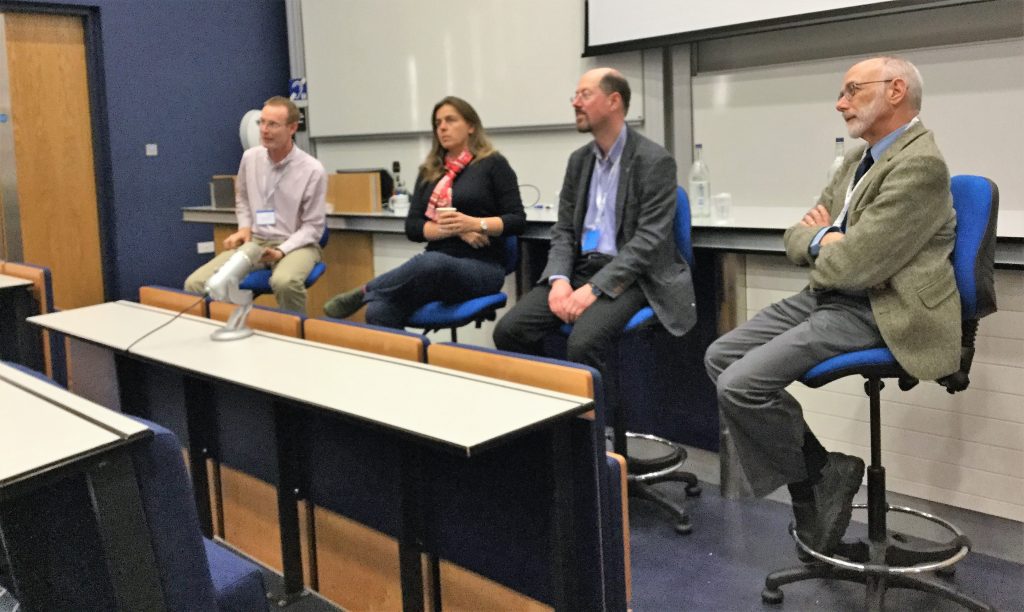
The school also consisted of courses in management and strategic planning techniques that can enable development and innovation in companies. Methods such as SCRUM , SWOT analysis and PESTEL, as well as technology screening techniques were introduced. These were put into practice throughout the week in an effort from the organisers to make the concepts as tangible as possible, which was very engaging and effective. A couple of lessons have stuck with me. First, complex information unrelated to the technology can be strategically selected to make greater impact in the workings of an organisation. Second, which resonated with me very well, values inform both the vision and the mission of a business organisation.
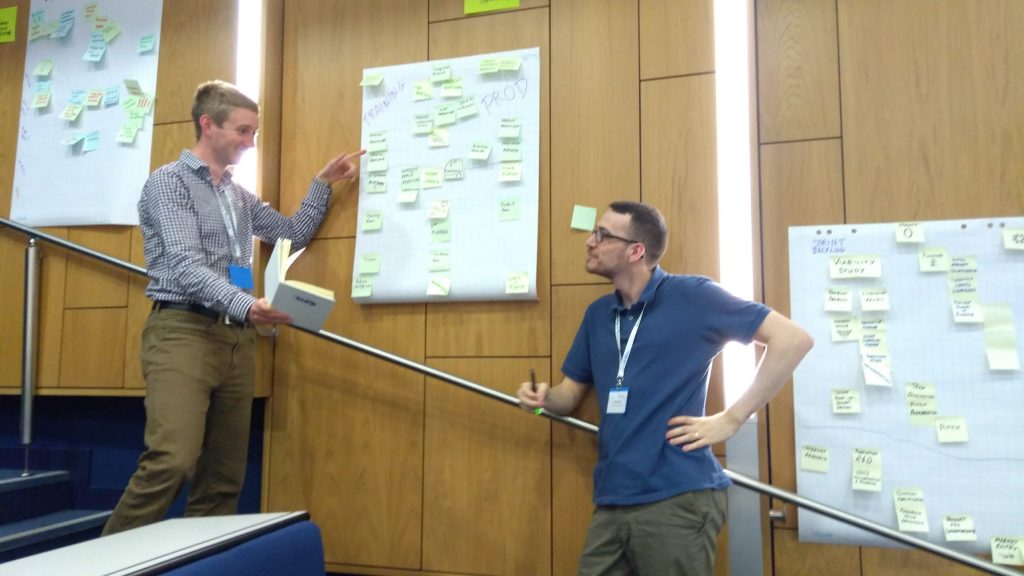
The main deliverable of the week was a group project to develop a pitch for a start up for a product or service for the photonics industry. My team, Haggis Photonics (affectionately named after one of Scotland’s national delicacies), developed a pitch based on building automated components for the photonics industry using 3D printed technology. The business would place itself between the expensive equipment and the Makers market. We also identified a potential to use this product for the training of technician in vocational career paths, a subject close to my heart! We had the opportunity to pitch the idea to 3 serial entrepreneurs and business development experts. The exercise and feedback was very insightful into what is needed in the process of developing a business.
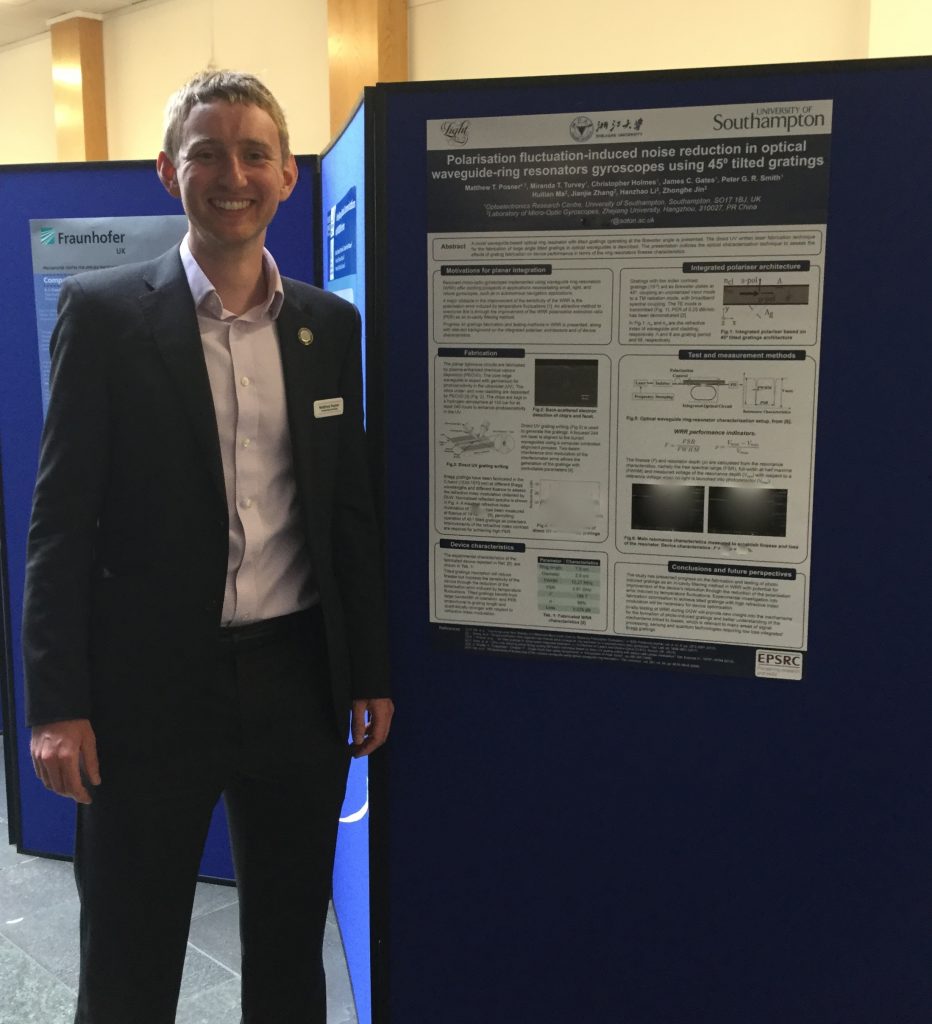
The week was very enjoyable, busy and packed full of educational and social activities. The social highlights for me were the traditional Scottish Ceidh, a very active evening of dancing, and the banquet dinner in the luxurious university Lower College Hall (see cover picture!). I also had the opportunity to present one of my last projects that I have conducted in Southampton as a result of research done during my PhD, which was a great opportunity to reflect on the work I had conducted in the past 4.5 years. Thanks to the school I have gained a lot of insight into how innovation takes place in the tech sector. It has given me lots of pointers to look out for as I embark on the next stage of my career (announcement on job situation to follow!).
To sign off, I wish to extend a thank you to Prof. Derryck Reid and Kasia Sulima for the organisation of the summer school, Munadi Ahmad for the cover picture, and the local student organising team for a week packed of social activities. Thanks for tuning in. Bye for now.
